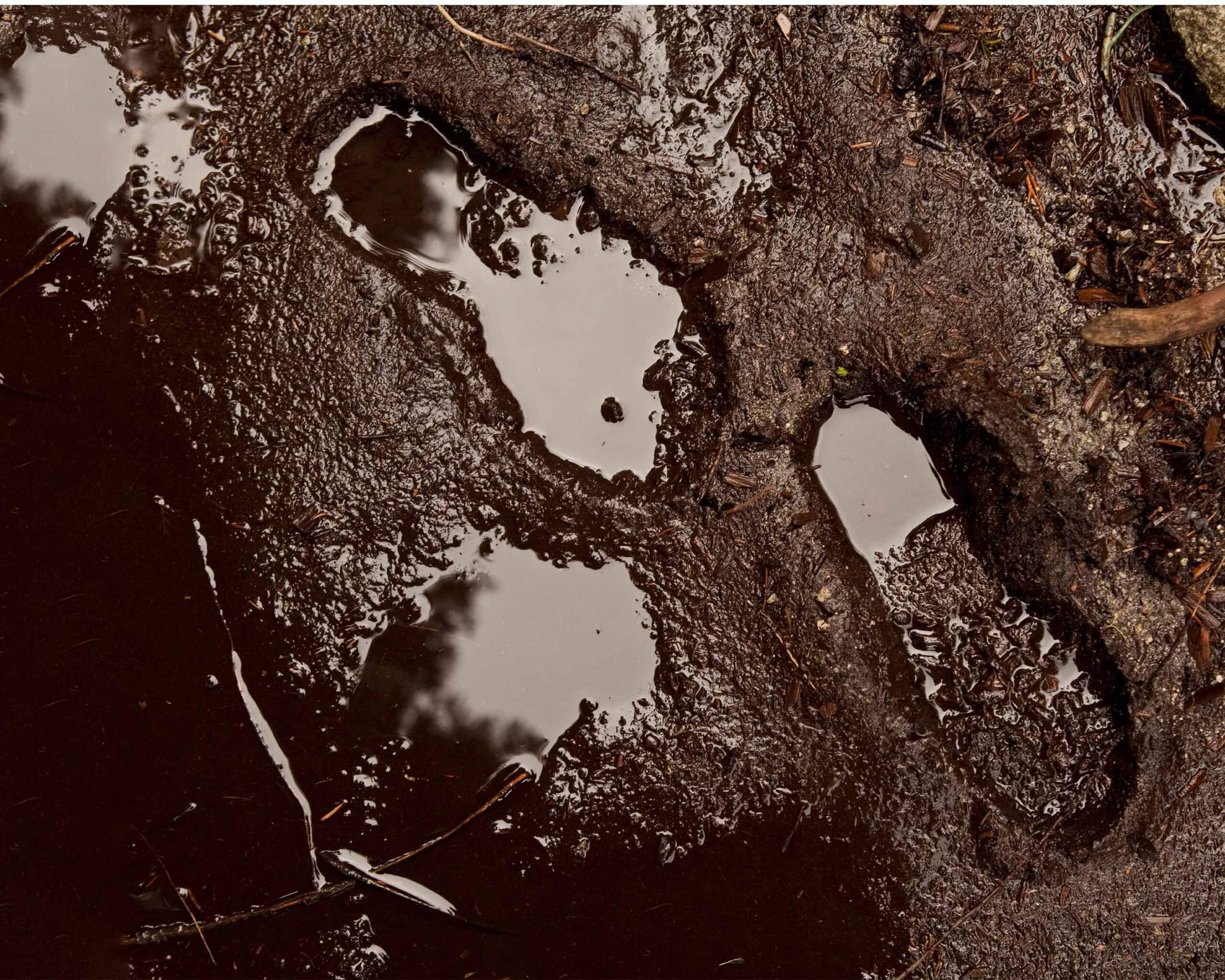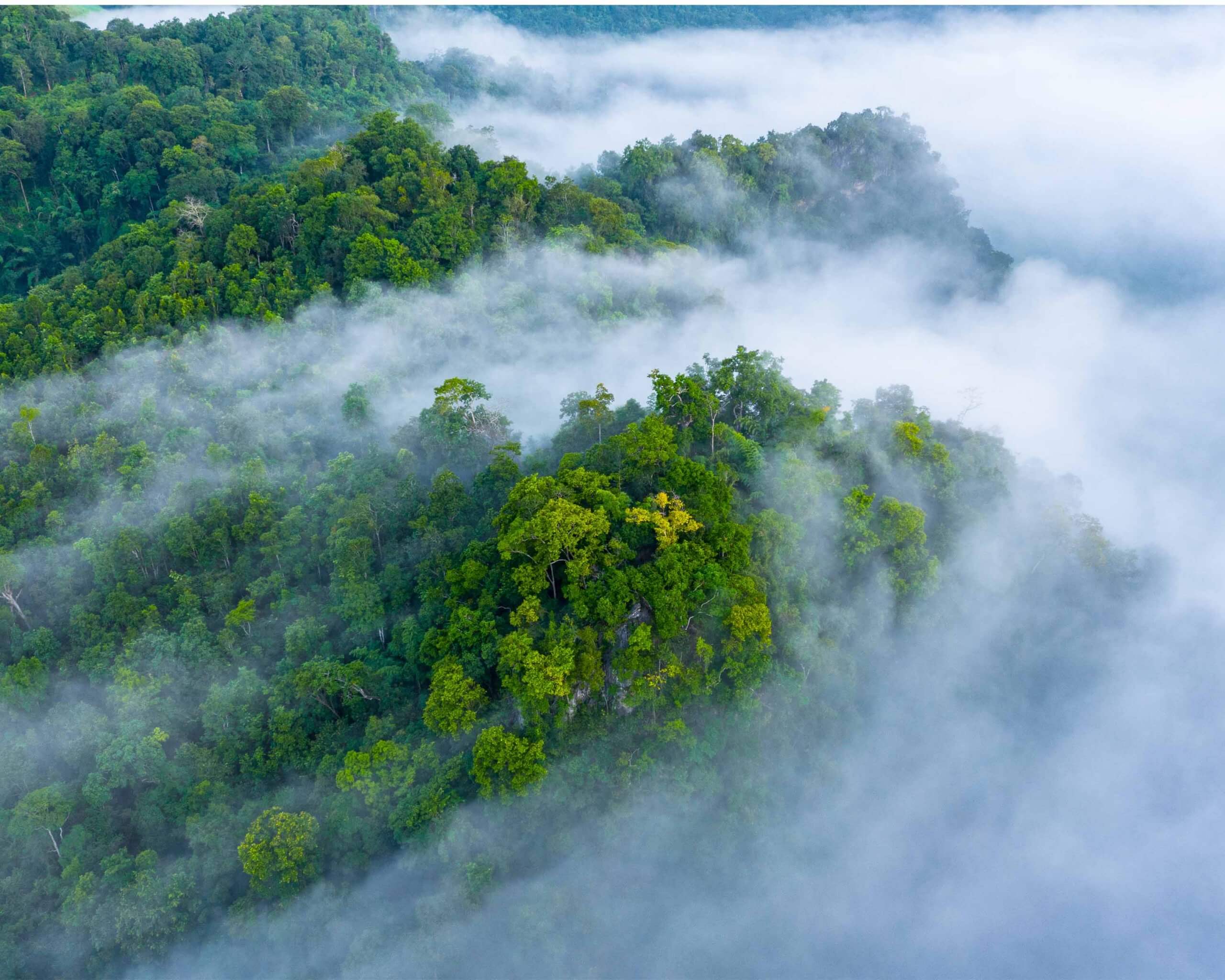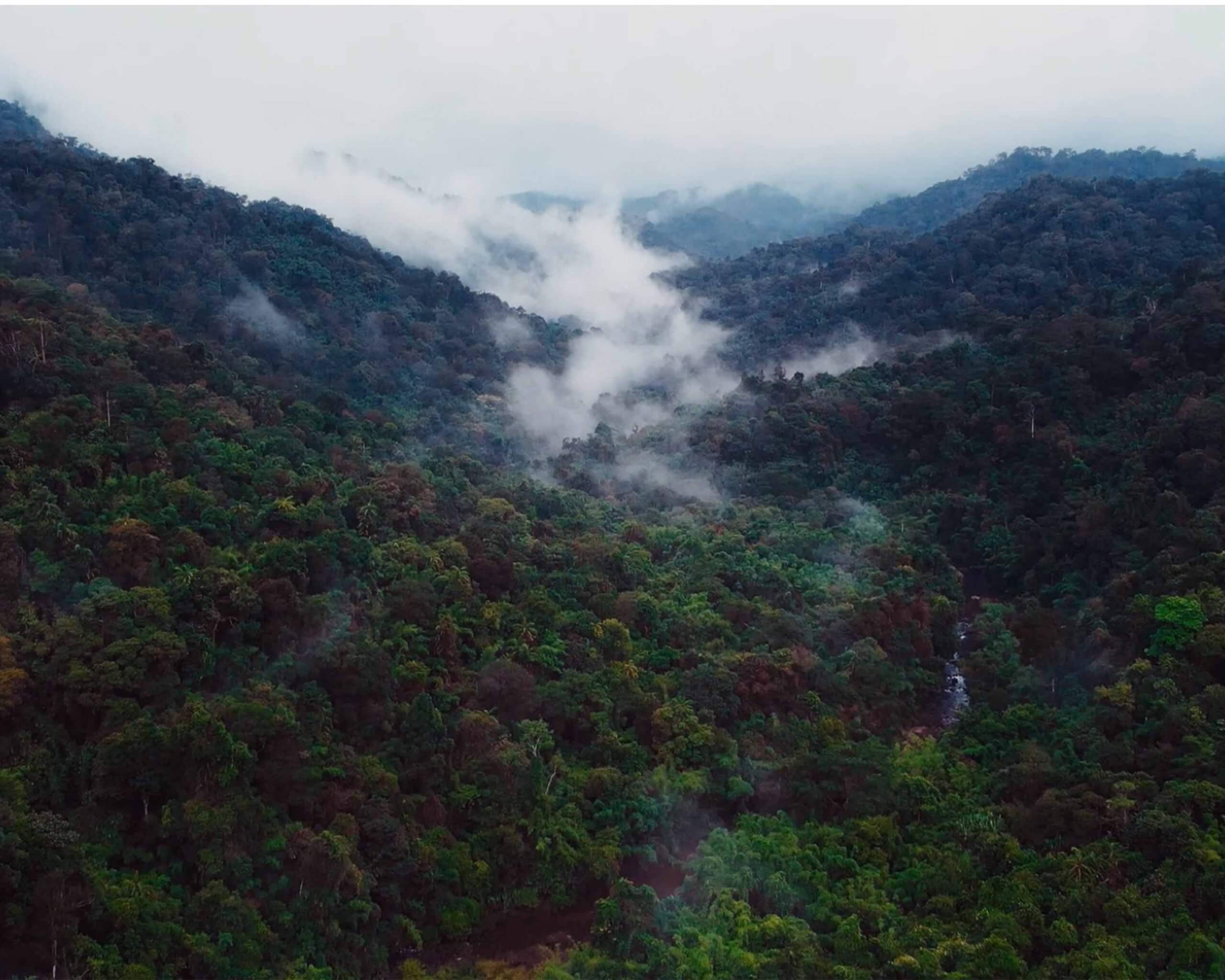With every passing day, the current state of our environment is at the forefront of social media feeds, news stories and global conversations. All this leads to consumers increasingly conscious about how corporate companies govern themselves with respect to sustainability and environmental policies and culture. People are looking at businesses to take the lead to drive social and environmental change moving forward.
Many Castle Vendor Partners have taken the lead to reduce its future carbon emissions. The VELUX Group is one of them and have committed to sustainable change and future carbon emissions.
They have a plan in place to accelerate investments in energy efficiency at its production sites, shift to renewable energy and purchase 100% renewable electricity, as well as substantially change the way it specifies and purchases materials. To capture its historical carbon footprint, the VELUX Group, working with WWF, will invest in forest and biodiversity projects developed specifically for VELUX over the next 21 years. This will help halt habitat loss, deforestation and land degradation threatening the biodiversity of forest ecosystems around the world, while also working with and benefiting local communities. The first two of these forest projects will take place in Uganda and Myanmar.
In September, they announced their commitment to become Lifetime Carbon Neutral by its 100th anniversary in 2041. Looking to the future, the VELUX Group also committed to dramatically cut the carbon emissions of its company and value chain in line with the Paris Agreement’s most ambitious 1.5°C reduction pathway.
Lifetime Carbon Neutral is a pioneering new commitment initiated by the VELUX Group and developed together with WWF International to take responsibility for both past and future carbon emissions. This innovative commitment will capture VELUX’s historical carbon footprint and at the same time preserve invaluable natural forests and wildlife around the world for current and future generations.
David Briggs, CEO of the VELUX Group said: “The planet is facing a serious climate and nature crisis, and this requires extraordinary action. According to our values as a company, we strive to do more than most, so that’s why we have developed Lifetime Carbon Neutral. It’s an innovative new commitment involving a 20-year partnership with WWF to capture the equivalent of our historical carbon emissions by 2041. We will also dramatically reduce our future CO2 emissions and ask our suppliers to do the same. Hopefully other companies will be inspired to become ‘Lifetime Carbon Neutral’ in order to create a sustainable future for all.”


In Uganda, the focus will be on restoring degraded forests, growing new forests, and protecting the remaining natural forests through a broad range of measures. The project will also grow trees in woodlots, other agroforestry systems, and plantations outside protected areas to meet demand for various forest products and reduce pressure on natural forests. The project in Myanmar will work to conserve unique biodiversity and the forest landscape of the Tanintharyi township of Myanmar, in close collaboration with and to the benefit of local communities.
“With the impacts of the climate and nature crises it is becoming increasingly clear, ambition and action is urgently needed to build a more resilient and sustainable future for all. The VELUX Group’s Lifetime Carbon Neutral commitment is an important step for others to follow, said Marco Lambertini, director general of WWF International.
“Embracing a commitment aligned with a 1.5°C world while also protecting important forest landscapes and biodiversity – and the crucial services they provide to communities and the economy – is in line with a climate responsible and nature positive future that will serve as the foundation for achieving all the Sustainable Development Goals. Together, we hope that other organizations will be inspired by the VELUX Lifetime Carbon Neutral and raise the bar for corporate climate and nature action globally.”

The partnership with WWF sits within the VELUX Group’s Sustainability Strategy 2030, which includes committing to set a science-based emissions reduction target through the Science Based Targets Initiative. To transform its business, the VELUX Group will accelerate investments in energy efficiency at its production sites, shift to renewable energy and purchase 100% renewable electricity, as well as substantially change the way it specifies and purchases materials. —
